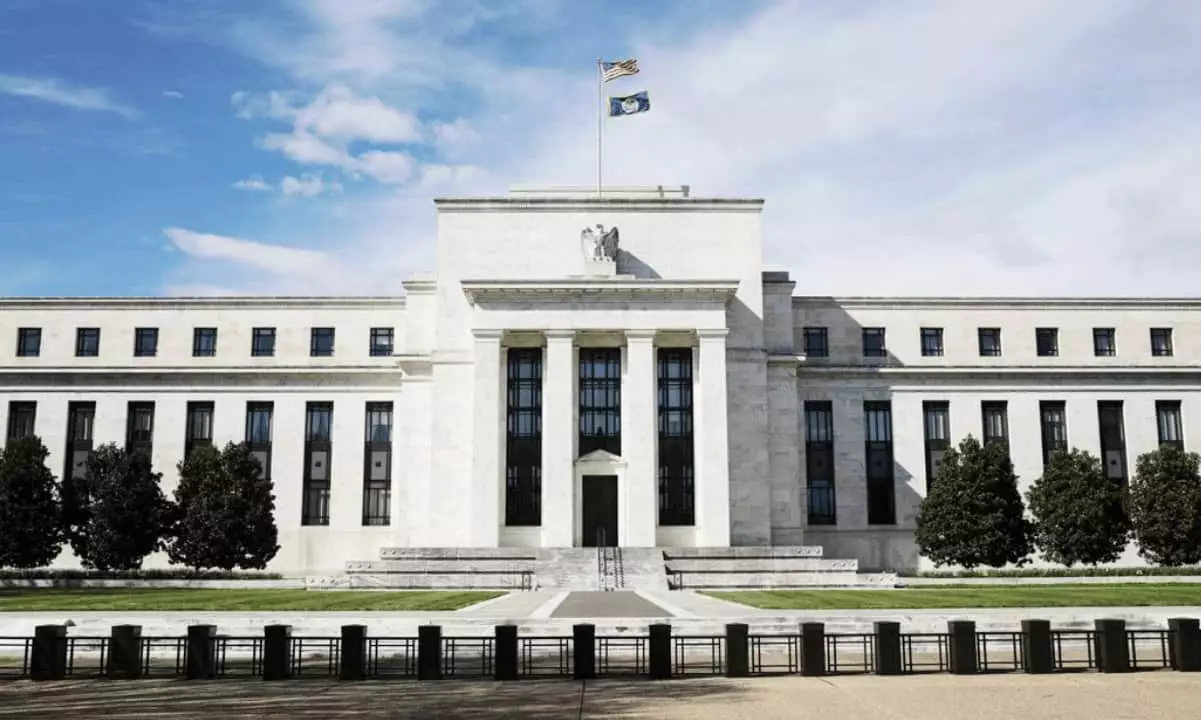The recent resignation of Michael Barr from his role as the Vice-Chair for Supervision at the U.S. Federal Reserve has stirred considerable debate among lawmakers, industry leaders, and the general public. His departure comes on the heels of a significant political transition, with President-elect Donald Trump poised to return to the White House. Barr, appointed in July 2022, found himself at the nexus of banking policy and the burgeoning cryptocurrency sector, making his resignation particularly impactful at this juncture.
Barr’s resignation announcement, communicated in a January 6 release from the Federal Reserve, sets the stage for a potential reshaping of regulatory attitudes toward digital assets. He is expected to remain on the Federal Reserve Board of Governors, but stepping down from his supervisory role raises questions about the future direction of U.S. banking policies regarding cryptocurrencies. The dynamics that are about to shift may significantly influence how financial institutions interact with digital assets.
The Controversial Stance on Cryptocurrencies
During his tenure, Barr was often viewed as an adversary to the crypto industry. His advocacy for increased regulatory power over cryptocurrency issuers drew ire from many players within the sector. By emphasizing that the Federal Reserve might consider it “unsafe and unsound” for banks to hold crypto-assets directly, Barr’s views effectively curtailed the involvement of traditional financial institutions with crypto. This stance has led to widespread criticism from industry advocates who argue that such policies stifle innovation and competitiveness.
Compounding these tensions were recent revelations brought to light by Coinbase regarding unredacted communications from the Federal Deposit Insurance Corporation (FDIC). These documents suggested a concerted effort among regulators, including Barr, to impede the expansion of banks’ crypto-related activities. This revelation underlines long-held suspicions that regulatory bodies were intentionally hindered by bureaucratic inertia, opting to tread carefully in an uncharted landscape rather than facilitating growth within digital markets.
Reactions to Barr’s resignation have been swift and pointed. Politicians like Wyoming Senator Cynthia Lummis have openly criticized him, alleging that he exerted undue influence detrimental to states like Wyoming, which have proactively sought to foster a positive regulatory environment for digital assets. Lummis’s statements reflect a growing discontent among lawmakers who advocate for a more favorable climate for cryptocurrencies and blockchain technology.
The critique offered by Iowa Congressman Zach Nunn further illustrated the sentiment in some quarters that Barr and other regulators engaged in what he described as an “anti-crypto crusade.” This perspective positions Barr’s regulatory approach as an impediment to American innovation, casting the United States as a less favorable location for digital asset investment compared to other jurisdictions that may be more lenient in their regulatory frameworks.
Barr’s resignation does not merely mark a change in personnel; it signals a potential shift in the broader regulatory approach toward cryptocurrencies as the new administration begins to lay its groundwork. With Trump’s promise to prioritize a more crypto-friendly approach, including personnel decisions that align with this vision, Barr’s departure could allow for a more accommodating regulatory environment for cryptocurrencies.
As the U.S. grapples with the implications of its regulatory stance on crypto, the need for a balanced approach becomes more pressing. Crafting policies that protect consumers while encouraging innovation in the financial sector is intricately complex, particularly given the rapid evolution of digital assets. The future of U.S. banking practices with respect to cryptocurrencies lies at a critical crossroads, one that will be defined by new leadership and potential legislative changes.
Michael Barr’s resignation opens a new chapter for the Federal Reserve, filled with opportunities and challenges in the evolving sector of digital assets. As the cryptocurrency landscape continues to mature, the next steps taken by regulators will likely have far-reaching impacts—not just on the crypto industry but on the overall health of the U.S. banking system. The response from the new administration, as well as newly appointed regulatory figures, will be pivotal in determining how the balance between innovation and regulation is achieved in a rapidly changing financial ecosystem.

